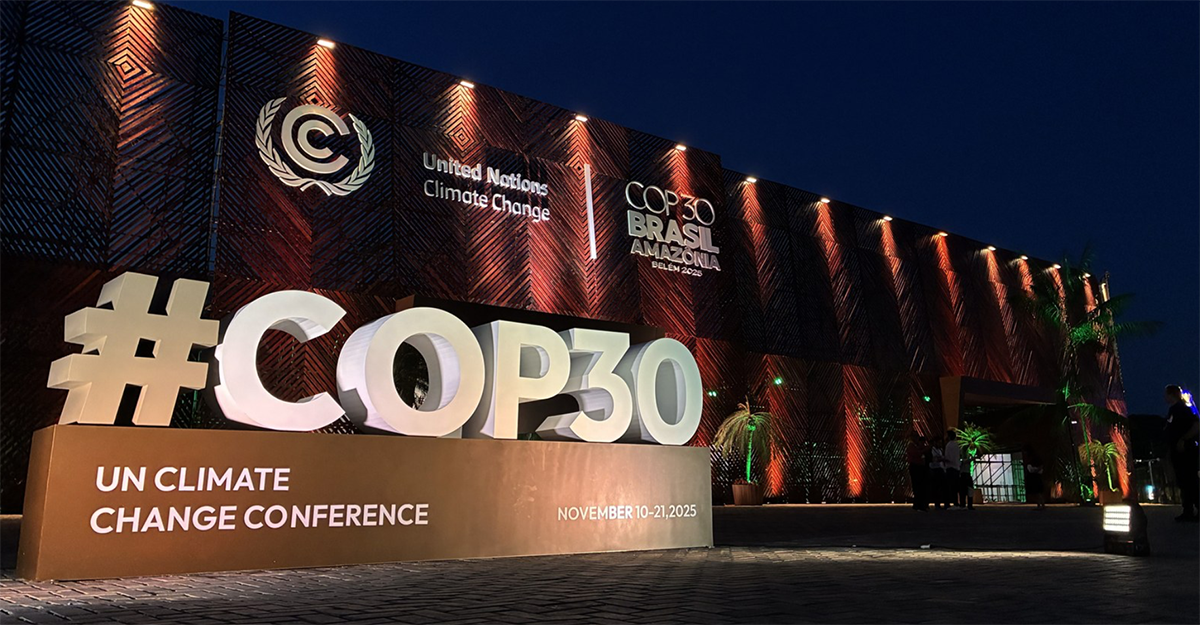Kerby Anderson
The Climate Change Conference in Brazil has taken on a different perspective because of a memo posted two weeks ago by Microsoft co-founder Bill Gates. He argued that: “Although climate change will have serious consequences — particularly for people in the poorest countries — it will not lead to humanity’s demise.”
He recommended that climate activists move away from the “doomsday outlook” they have been promoting. He called it a “strategic pivot” from talking about climate change. Rather than focusing on rising temperatures, he argued that climate advocacy should focus on efforts to prevent disease and poverty.
Years ago, Bill Gates was known for his insistence that climate change “will be one of the greatest challenges humans have ever taken on — greater than landing on the moon, greater than eradicating smallpox, even greater than putting a computer on every desk.” But if you read his book, you might have seen this pivot coming.
When his book, How to Avoid a Climate Disaster, came out. I took the time to read every page. As I made my way through each chapter, I began to see why the subtitle of this book was, The Solutions We Have and the Breakthroughs We Need. Yes, we have some solutions, but he admitted that we needed massive technology breakthroughs to accomplish the goals set down in the Paris Climate Agreement.
That’s why he pivoted to the “chief goal should be to prevent suffering particularly for those in the toughest conditions who live in the world’s poorest countries.” That is why he argues that “we should measure success by our impact on human welfare more than our impact on the global temperature.”
I am encouraged to see that Bill Gates has injected logic and common-sense in the current environmental debate about climate change.
 Listen Online
Listen Online Watch Online
Watch Online Find a Station in Your Area
Find a Station in Your Area










 Listen Now
Listen Now Watch Online
Watch Online
